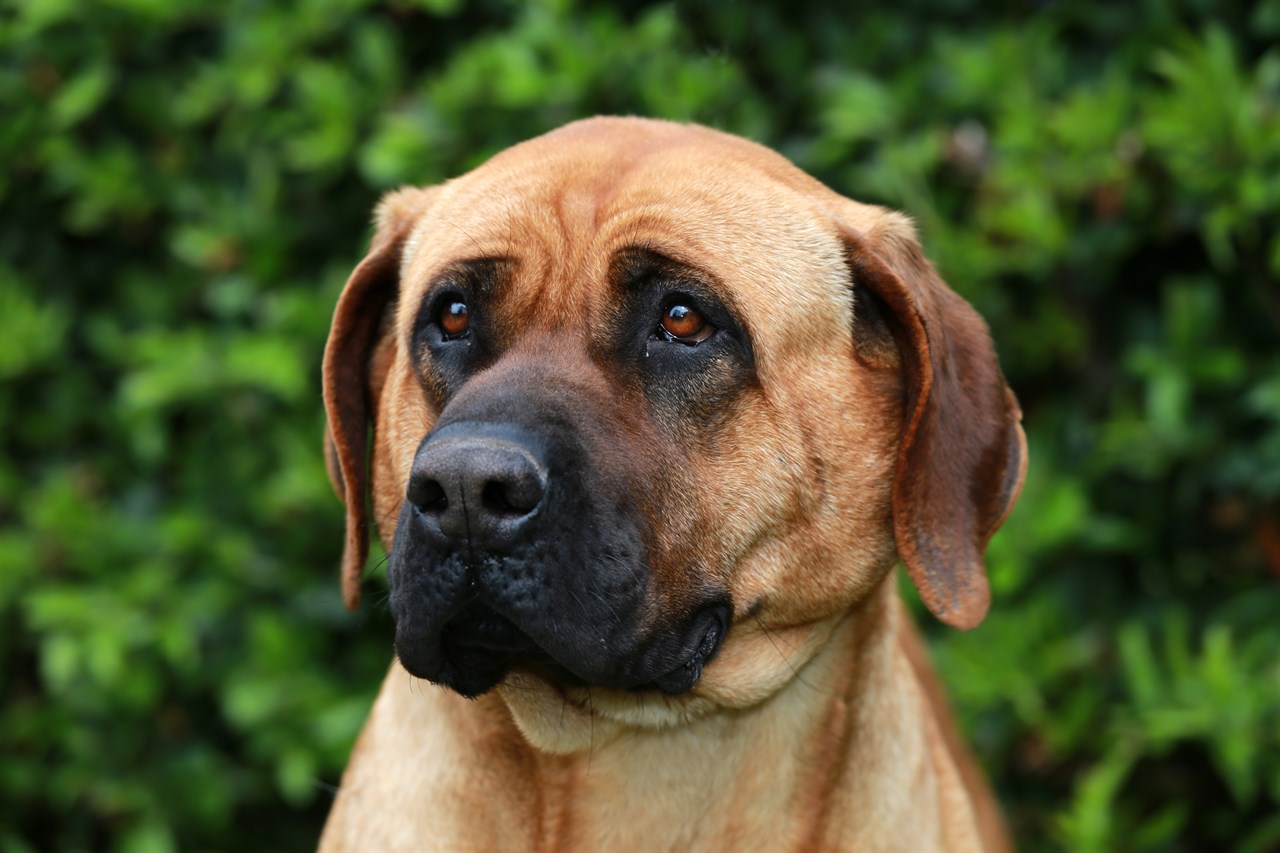Common Health Issues of the Tosa Inu

The Tosa Inu is generally a robust and healthy breed, but like all dogs, they can be prone to specific health issues. Responsible breeding practises and regular veterinary care can help mitigate the risks associated with these conditions. Here are some of the common health issues that Tosa Inus may face.
Hip Dysplasia
Hip dysplasia is a genetic condition in which the hip joint does not develop properly, leading to pain, lameness, and arthritis. Regular screening and responsible breeding practises can help reduce the prevalence of hip dysplasia in Tosa Inus.
Bloat (Gastric Torsion)
Bloat is a life-threatening condition that can affect deep-chested breeds like the Tosa Inu. It occurs when the stomach fills with gas and twists on itself, cutting off blood flow. This condition requires immediate veterinary intervention.
Heart Disease
Certain heart conditions, such as dilated cardiomyopathy, may be more prevalent in Tosa Inus. Regular check-ups with a veterinarian can help detect and manage heart issues early.
Entropion and Ectropion
Tosa Inus can be prone to eyelid issues, including entropion (inward rolling of the eyelids) and ectropion (outward rolling of the eyelids). These conditions can cause discomfort and may require surgical correction.
Hypothyroidism
Hypothyroidism is a thyroid disorder that can affect metabolism and energy levels. Symptoms may include weight gain, lethargy, and skin problems. Hypothyroidism can often be managed with medication.
Skin Issues
Tosa Inus are known to be susceptible to certain skin conditions, including allergies and pyoderma (skin infections). Regular grooming, a healthy diet, and proper skin care can help prevent these issues.
Canine Cancer
Like many breeds, Tosa Inus can be at risk for certain types of cancer, including mast cell tumours. Regular veterinary check-ups and early detection are crucial for addressing cancer-related issues.
Obesity
Tosa Inus have a tendency to gain weight if not provided with proper diet and exercise. Obesity can exacerbate other health issues and reduce their overall lifespan. Maintain a healthy weight through portion control and regular exercise.
Osteosarcoma
Tosa Inus may have a higher risk of developing osteosarcoma, a type of bone cancer. This condition can be aggressive and may require surgery and chemotherapy.
Conclusion
While Tosa Inus are generally healthy dogs, it's essential for owners to be aware of potential health issues that can affect the breed. Responsible breeding practises and regular veterinary check-ups can help identify and address these conditions early, improving the quality of life and longevity of your Tosa Inu. If you are considering getting a Tosa Inu, choose a reputable breeder who conducts health screenings and provides proper care for their dogs to reduce the risk of hereditary health issues.